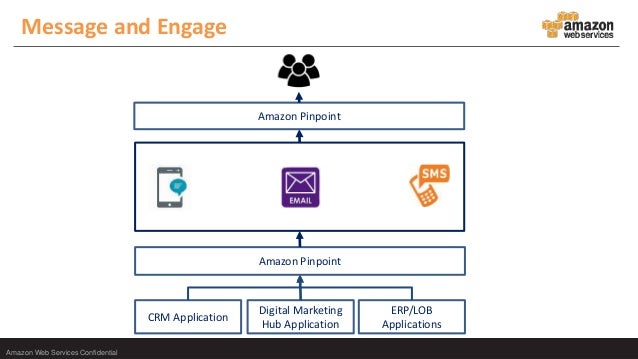

“Ninety-nine percent of what goes into these models is fiction,” said Jonathan Carter, who ran technology for the exploration unit of EON SE, the European energy firm, from 2012 to 2016. Meanwhile, the mathematical models used for decades to assess how much oil a given well can produce were generating little more than educated guesses. Darryl Willis, Microsoft’s vice president for energy, estimates that 90% of the geological and operational information oil and gas companies collected was going unused, sitting dormant in spreadsheets or files. Oil executives were leery of putting data on the cloud and potentially exposing valuable trade secrets such as well-test data.īut the sector was rife with inefficiencies. The tech giants began courting oil companies several years ago, eager for business from a lucrative but technologically backward industry. At first, Amazon, Microsoft and Google struggled to sell the benefits of their mammoth computing power. The criticism hasn’t prompted Microsoft and Amazon to pull back from the oil sector, but Alphabet Inc.’s Google, the third-ranked cloud player, seems to have been slowed down by employee activism. They’re making oil and gas drilling operations more profitable. “On the flip side,” he said, “it’s not good enough. David Carter, an engineer who quit Microsoft last year partly because the company continued to work with the oil industry, argues that “if you do anything more efficiently, it gets done more.” Rob Day, a co-founder of Spring Lane Capital, a sustainability focused private-equity firm, credits the cloud providers for massive investments in solar and wind projects to power their operations. Such pronouncements infuriate critics who say the cloud providers’ oil industry contracts are prolonging the fossil-fuel age, tarnishing their green credentials and risking climate catastrophe. “There’s not a single solution or a single goal,” he said. A Microsoft spokesperson said the company doesn’t have access to customer data but that energy partners have “shared some achievements that we’ve been proud to have taken part in.” AWS energy chief Arno van den Haak said his company is helping oil industry customers meet emissions reduction targets but didn’t have any figures to back up that assertion. identify and stamp out methane leaks. At the same time, Microsoft and Amazon say making oil companies more efficient is part of their sustainability work, helping their clients avoid unnecessary emissions, including those associated with antiquated data centers and older, error-prone software.īut neither company provided evidence that these projects are succeeding, or that they offset the environmental damage caused by increased oil and gas production from their biggest clients.
#AMAZON PINPOINT SOFTWARE#
Microsoft and Chevron are working on a project to convert agricultural waste into fuel Amazon Web Services software helps Marathon Petroleum Corp.

And each is quick to provide examples of how they’re helping the oil industry move to a greener future. Microsoft has vowed to remove more carbon from the atmosphere than it emits by 2030, while Amazon has committed to eliminating greenhouse gases from its operations by 2040.īoth companies justify their oil industry contracts by pledging to accelerate a transition from dirty oil to sources that emit little or no carbon dioxide. It’s an awkward look for companies that have pledged to cut their own emissions. Amazon is helping drillers run simulations to maximize how much oil they can pump from existing wells.


There are other, quieter beneficiaries: Microsoft Corp., Inc. and the other cloud-services companies that are increasingly responsible for the computing horsepower behind the oil giants’ efforts to find and extract more oil and natural gas.Īmong other things, Microsoft is making it possible for Exxon to analyze reams of oil field data.


 0 kommentar(er)
0 kommentar(er)
